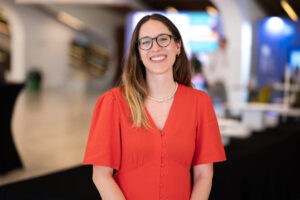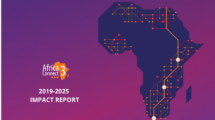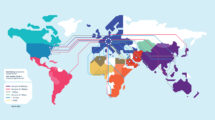The Research and Education Network of Uganda (RENU) began the rollout of metro eduroam in 2020. Since then, RENU has successfully deployed over 500 hotspots in across the country to the benefit of students and staff via connecting 61 Educational institutions from 42 service locations. Such exceptional progress cannot go unnoticed. The AfricaConnect3 team caught up with the Systems and Software Engineer at RENU, Hellen Nakawungu, to get insight into how RENU has managed to be this successful in the deployment of eduroam. Here is what Hellen had to say about the initiative in her interview.
Hellen, you are part of the team at RENU that planned and deployed Metro eduroam in Uganda. Just recently, RENU celebrated the extension of the initiative upcountry with not only visible progress in the usage, but also an increase in the number of eduroam hotspots serving off-campus connectivity needs, which are now over 400. How did this initiative come to life?
We had the idea of deploying eduroam outside of campus boundaries two years before COVID-19. We approached various service providers and pitched the idea of running the eduroam service over their infrastructure (because there are no RENU-connected access points in the metropolis). It didn’t make business sense for the service providers, however, because it was limited to a small group of people who were primarily located in campus environments outside of the general metropolitan area, and the technicalities of deploying it through their infrastructure were abstract to them. When COVID struck, educational and research institutions closed, disrupting academic activities across the country. This provided an opportunity to investigate the concept of learning and researching beyond campus boundaries as a means of responding to the pandemic as a national research and education network. Because of this opportunity, the initial idea we pitched became more relevant and useful to the broader academic community, and subsequently to the service providers.
This story was originally posted on the AfricaConnect3 website. Read the full interview here.







